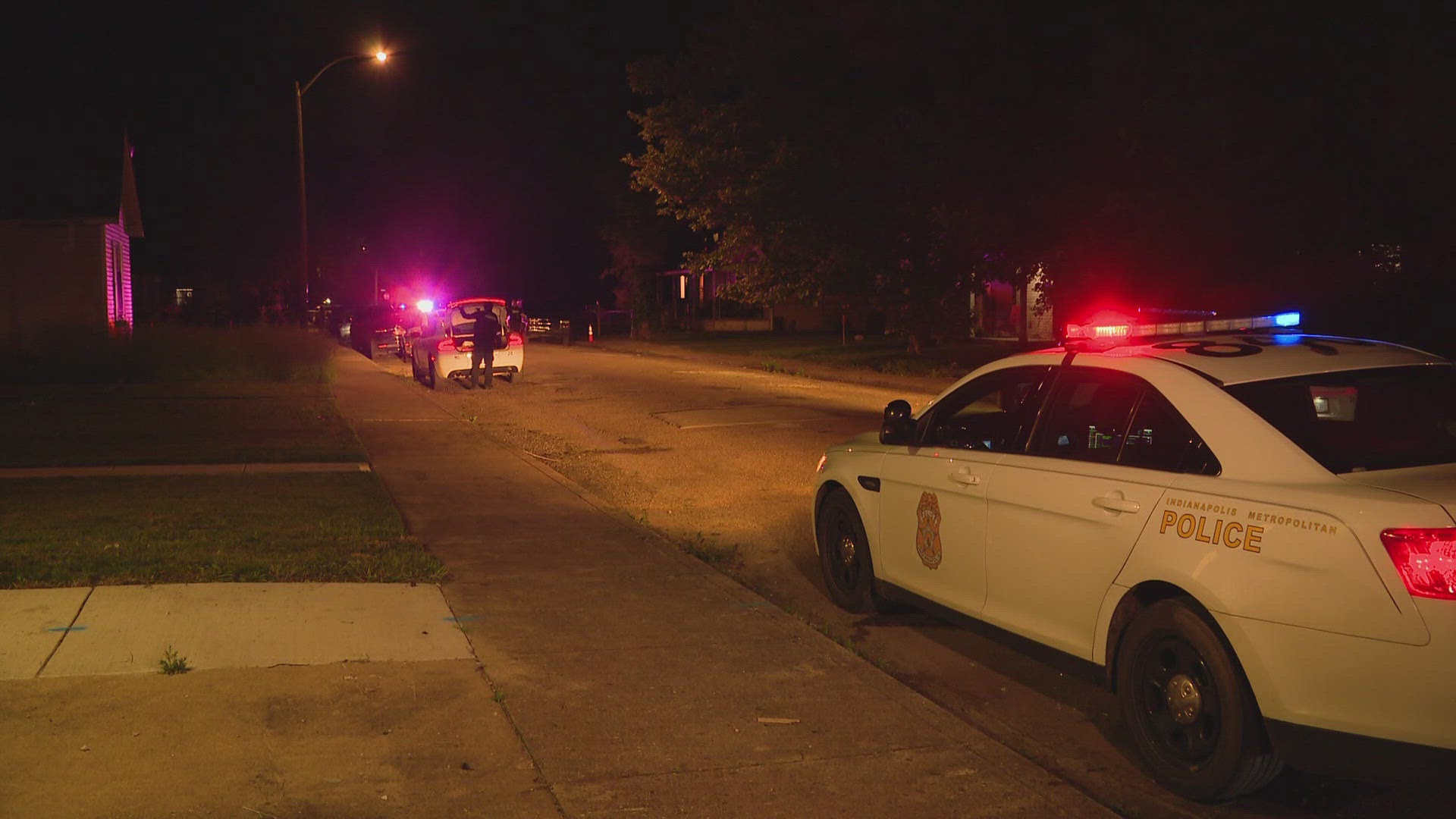INDIANAPOLIS — The Indiana Finance Authority has expanded its North Central Indiana Water Study to include 15 more counties.
The study, which originally included a 13-county region to examine future water needs and availability, will now also touch the headwaters of the Wabash River.
"The study was originally planned to give the state a thorough understanding of demand and supply availability across the 13 counties over the next 50 years," said Jim McGoff, IFA chief operating officer and director of environmental programs. "Adding in the Wabash headwaters, a considerable span of geography just north of the original study area, will produce a more comprehensive report of the current and future water availability and use."
The original 13-county region includes Benton, Cass, Carroll, Clinton, Fountain, Howard, Montgomery, Parke, Tippecanoe, Tipton, Vermillion, Warren and White counties. The additional counties include Allen, Boone, Blackford, Delaware, Grant, Huntington, Jay, Madison, Miami, Noble, Randolph, Vigo, Wabash, Wells and Whitley.
The IFA said preliminary data from the North Central Indiana Regional Water Study should be back by late spring or summer 2024, and final results are anticipated in fall 2024.
Water usage and demand has been a heated topic since 2023, when communities in Tippecanoe County learned that an economic development project could divert billions of gallons of water from Lafayette to Lebanon. The potential pipeline would provide water for a massive new business campus near Lebanon the state has been working on called the LEAP District. LEAP stands for Limitless Exploration/Advanced Pace and encompasses nearly 9,000 acres to attract businesses to the state.
Currently, there is no law that says the state cannot divert the water to Boone County, but people who live in the Lafayette area have voiced concerns about what it would do to their own water supply, including rural wells.



